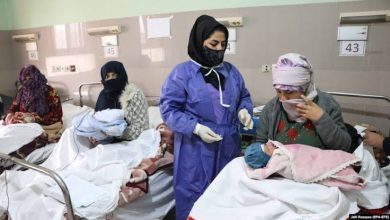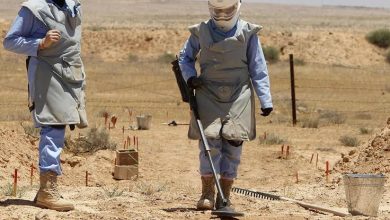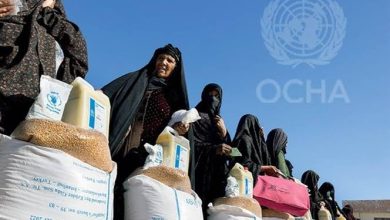
Suspension of U.S. Aid Deepens Humanitarian Crisis in Afghanistan, OCHA Warns
The United Nations Office for the Coordination of Humanitarian Affairs (OCHA) has warned that the suspension of U.S. aid has had severe consequences for Afghanistan’s humanitarian situation, and the crisis is expected to worsen if the funding gap continues.
In a report released today (Thursday, May 22), OCHA stated that by late February 2024, 188 health facilities had been forced to shut down due to lack of funding, leaving approximately 1.6 million people without access to essential health services. The report also noted that 1,700 female health workers, along with deminers and contractors, have lost their jobs.
According to OCHA, U.S. assistance played a critical role in averting famine in Afghanistan during 2021 and 2022 through strong support for food security. In 2024, the United States remained the largest humanitarian donor, providing $735.7 million—accounting for 47% of the total humanitarian budget for Afghanistan.
With U.S. and other donor support, humanitarian agencies were able to reach 20.4 million people in 2024 with at least one form of assistance. Of these, 3.4 million received three forms of aid, with women comprising 29% of the total beneficiaries.
OCHA has warned that without U.S. funding, fewer people will be reached with humanitarian assistance in 2025.
Meanwhile, the United Nations Population Fund (UNFPA) in Afghanistan said that due to funding cuts, 6.3 million people—most of them women and girls—will lose access to essential healthcare. It warned that hundreds of rural health centers and mobile clinics are being forced to shut down.
The World Health Organization (WHO) in Afghanistan previously warned that due to funding shortages, 80% of the health facilities it supports are at risk of closure. Following the U.S. aid suspension in February, 202 health facilities have already ceased operations, and without urgent intervention, more than 220 additional centers could be shut by June 2025, leaving another 1.8 million people without access to basic healthcare.
These developments come after the U.S. suspended its foreign aid under former President Donald Trump. Prior to that, the U.S. had been the largest international donor to Afghanistan.



